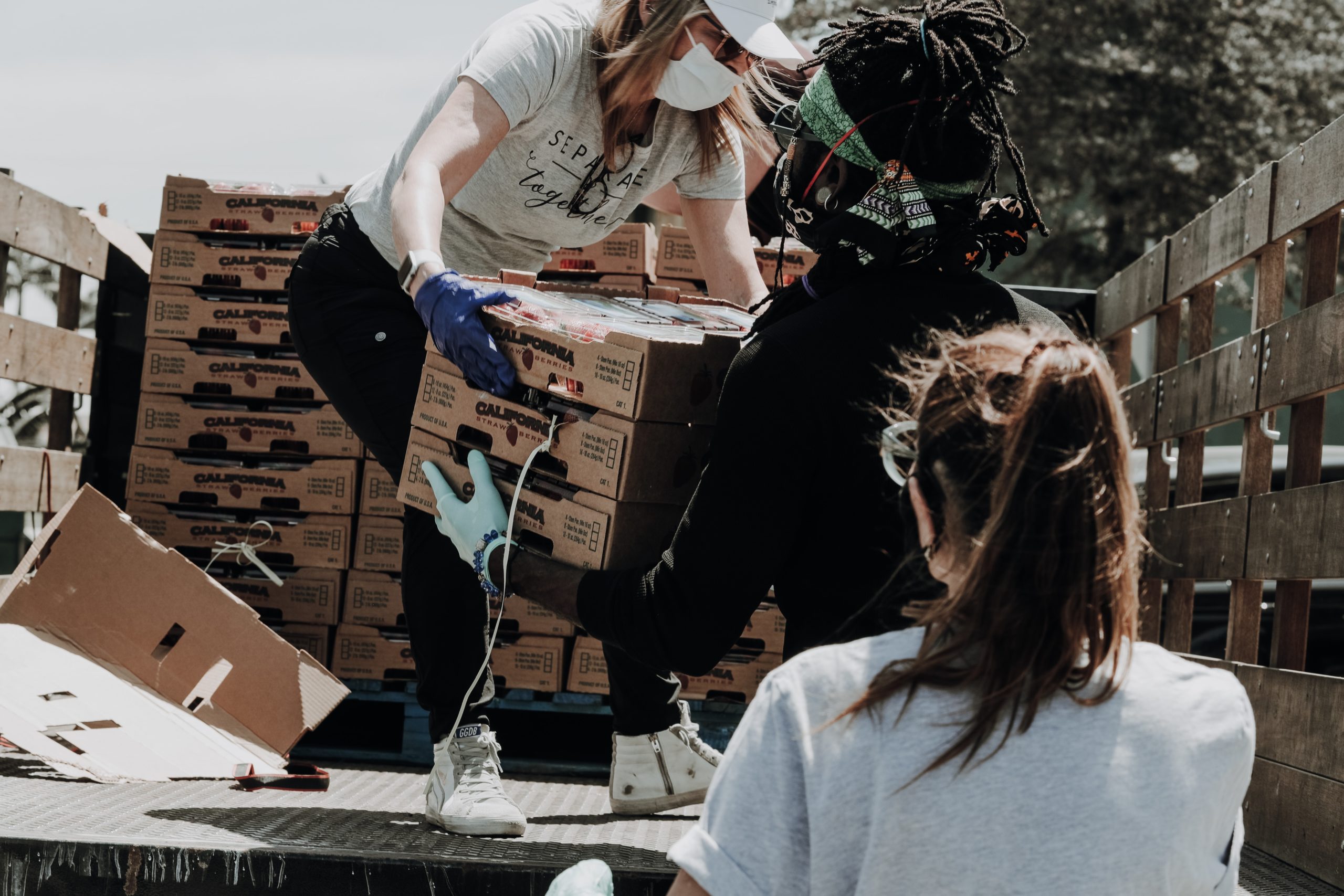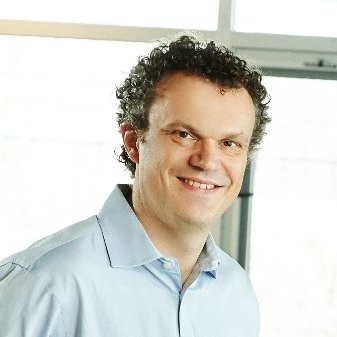
Private philanthropy has a key opportunity to help create the localized humanitarian response the world needs and is crying out for, but it has to make a fundamental shift in order to live up to its potential and seize this opportunity.
For all the good work that the international humanitarian system undoubtedly does, there is widespread agreement that the system is broken in key ways. It’s a $35 billion industry that is not fit for purpose, with incentive structures that drive upwards accountability to donors rather than to the affected people, and it has proven incapable of reforming itself. As the ODI Humanitarian Policy Group recently said: “Humanitarians have failed to deliver on the most basic of humanitarian endeavors: to put people at the center of what they do.”
The required shift of funding and power to local and national organizations in the countries affected by crisis is usually referred to as “localization” (though the term itself is disputed and in some ways unhelpful). Localization is important not only because it can positively impact the effectiveness, speed, and accountability of a humanitarian response, but it is also “an essential process of self-determination and humanitarian citizenship”.
The key responsibility for changing the current international system in this direction lies with western government donors, the UN, and international NGOs; and it can only be hoped that the recently agreed Grand Bargain 2.0 will not repeat the “stunning failure” of the original Grand Bargain agreed at the World Humanitarian Summit in 2016 in Istanbul. Although often overlooked, private philanthropy has an opportunity to have an outsized impact here if it can play to its strengths and step up to the plate.
At first glance, private philanthropy does not appear to be a promising place to look for help. The amounts it gives to humanitarian response are not significant (especially compared to governmental giving), and the grants it does make are rarely strategic and almost always go to the ‘usual suspects’ of international organizations. This is true for established foundations such as the Ford Foundation (“We are not a humanitarian agency – that is not our comparative advantage”), as it is for new donors such as Jack Dorsey of Twitter (who, for example, has given significant funds to international humanitarian organizations but not to local and national groups). Most foundations and major philanthropists see disaster relief as a distraction from their long-term development focus.
Private philanthropy, however, has certain characteristics that make it potentially powerful in the quest for a better humanitarian system. It can provide fast, flexible funding and can be more innovative and risk-tolerant than other donors. There are also obvious successful models of pooled philanthropic funds (such as the Freedom Fund and the Girls First Fund) who have shared risk and demonstrated their ability to get funding to grassroots level efficiently and at scale. This funding mechanism would be a fine example of a partnership for the goals as called for by SDG 17.
If such a pooled fund for local humanitarian response were to be set up, it should be focused on supporting the "survivor- and community-led crisis response" (SCLR) model which Oliver Lough and Sorcha O'Callaghan (from ODI’s Humanitarian Policy Group) recently described as “placing planning and budget decisions in the hands of communities” and thereby “offer[ing] a window into what a truly participatory humanitarian future might look like”.
This approach recognizes that in every country, every culture, every crisis, the community is first to respond, and seeks to simply support that response and not replace or undermine it. It gives grants to local and national NGOs who then use it to come alongside local groups who are already responding – giving them rapid micro-grants; supporting participatory action learning with an appreciative inquiry approach; providing demand-led skills training; and linking, connecting, and networking the community groups. The local groups supported are a wide range such as existing CBOs; existing traditional social or cultural institutions; faith-based groups; economic interest groups; & emergent self-help groups – any collective action by groups for the good of a wider group or community is eligible for support.
This approach is right because it contributes to the self-determination and humanitarian citizenship but also because it strengthens dignity, psychosocial recovery, and resilience while contributing to effectiveness, efficiency, and value for money. It’s an approach that would empower local civil society which is key to the achievement of all the SDGs, as well as directly contributing to reductions in poverty, hunger, and inequalities (SDGs 1, 2, and 10).
Private philanthropy can come together in a pooled fund to support this approach, and thereby “become part of an inspiring and long-overdue process of promoting and strengthening proven ways of working that support the remarkable humanity, capacity, initiative and collective compassion of people in crisis.”


Drawing on more than two decades of experience in social work, international development, and humanitarian relief, Guy Cave is a trusted adviser to leading foundations, philanthropists, companies, non-profits, and social sector leaders.